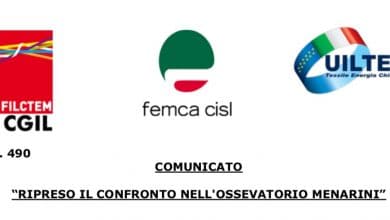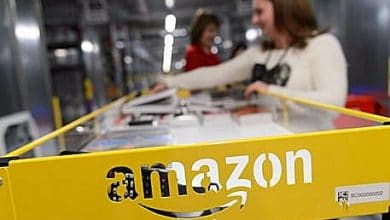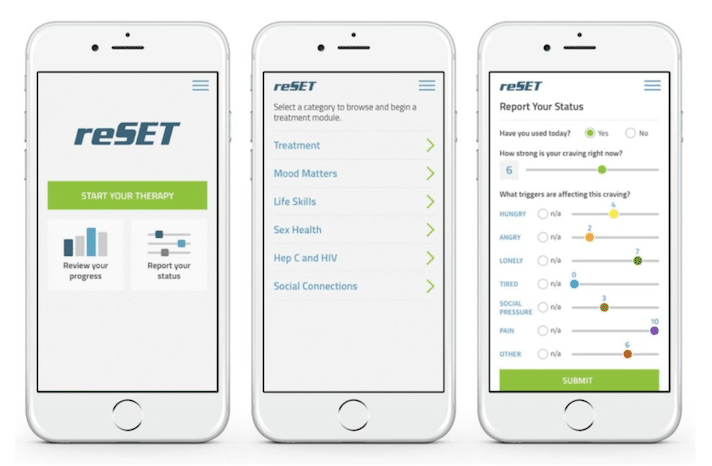
Applications instead of drugs Doctors prescribe digital treatments
The American regulatory agency has approved the first MG "cell phone therapies".
• There are medicines that cannot be bought in pharmacies and must not be taken, but downloaded onto the phone, like an app. The US regulatory agency FDA (Food and drug administration) has approved the first applications that the patient will be able to have in the smartphone, on prescription from the doctor. In prescriptions, American doctors can currently prescribe diabetes (Bluestar) and addiction (Reset) control apps.
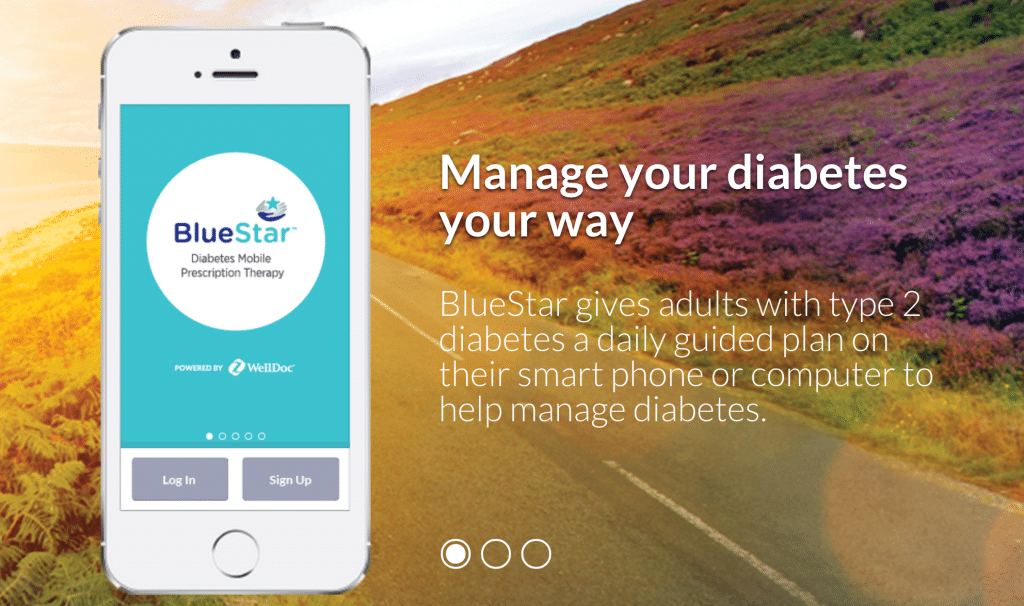 The approval of Akl-Toi, a video game for the treatment of attention disorders (ADHD), is imminent. Digital therapies, which use digiceutics (digital health tools), can be prescribed alongside or in place of a drug. After all, unlike other types of apps, these are digitalis therapy (as they are called overseas) and have an approval process similar to that of a medicine: they must be tested for efficacy in clinical studies to be presented to the FDA, which issues the authorization to trade. The term digital therapy started buzzing around 2013, thanks in large part to Sean Duffy's term for his online coaching software developed to help patients with diabetes lose weight.
The approval of Akl-Toi, a video game for the treatment of attention disorders (ADHD), is imminent. Digital therapies, which use digiceutics (digital health tools), can be prescribed alongside or in place of a drug. After all, unlike other types of apps, these are digitalis therapy (as they are called overseas) and have an approval process similar to that of a medicine: they must be tested for efficacy in clinical studies to be presented to the FDA, which issues the authorization to trade. The term digital therapy started buzzing around 2013, thanks in large part to Sean Duffy's term for his online coaching software developed to help patients with diabetes lose weight.
These therapies just a click away, in most cases, collect data, requesting information and using sensors to provide patients with real-time indications and advice on therapy as well as the activities to be carried out to obtain the best benefits from the treatment. Each application, which the patient can access for daily sessions, in case of drug intake, makes all the data accessible at any time by both the doctor and the patient. Already the availability of all this information allows absolutely innovative disease monitoring. The diabetes app, for example, works with interfaces in which the patient enters a series of data on which the algorithm elaborates lifestyle advice.
Apps that treat addictions are based on cognitive behavioral therapy. The application that cures cigarette smoke addiction, in particular, connects to a breath sensor and, thanks also to artificial intelligence, the algorithm provides personalized advice for the management of various symptoms. Most of the applications are developed by start ups. There are currently about 150 companies engaged in the development of digiceutics.
One of these, Pear therapeutics, has a pipeline that closely resembles that of a pharmaceutical company. The 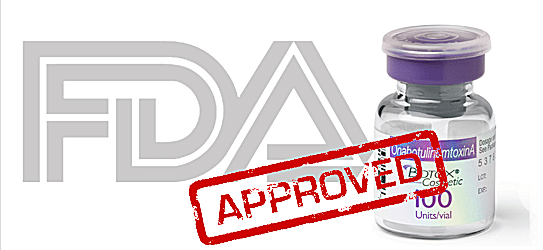 indications of the applications are practically those of a drug, since they are used to treat opiate addiction, schizophrenia, anxiety, insomnia, post traumatic stress disorder (PTSD), depression and chronic pain. The Reset app by Pera therapeutics, for example, treats disorders related to the abuse of alcohol, cocaine and other psychoactive substances. It will be able to be downloaded to your mobile within a few months.
indications of the applications are practically those of a drug, since they are used to treat opiate addiction, schizophrenia, anxiety, insomnia, post traumatic stress disorder (PTSD), depression and chronic pain. The Reset app by Pera therapeutics, for example, treats disorders related to the abuse of alcohol, cocaine and other psychoactive substances. It will be able to be downloaded to your mobile within a few months.
The application has proven to be more effective than the reference treatments in helping the patient to recognize triggers and withdrawal symptoms on a daily basis, which are monitored and traced. Some investors are betting that these therapies could also replace traditional drugs. Others, more cautious, see these apps as a potential help in managing therapies. What is certain is that, with development costs higher than a drug and a fast track of approval prepared by the FDA, the digiceutics will give new impetus to innovation in medicine by proposing, more unique than rare, innovative treatments at lower costs .
Source The Truth

